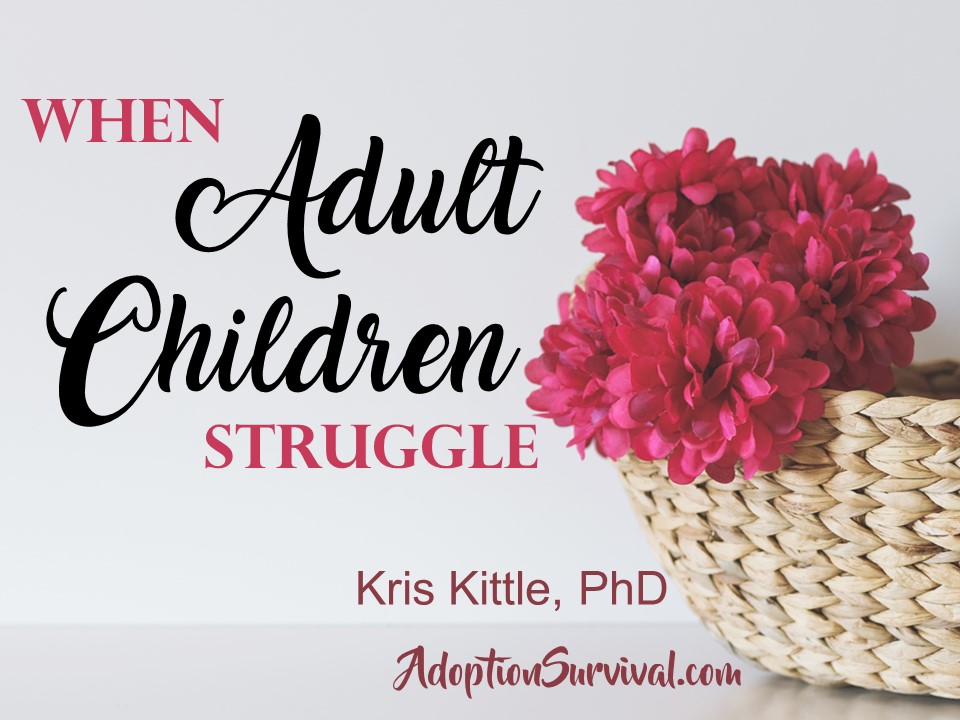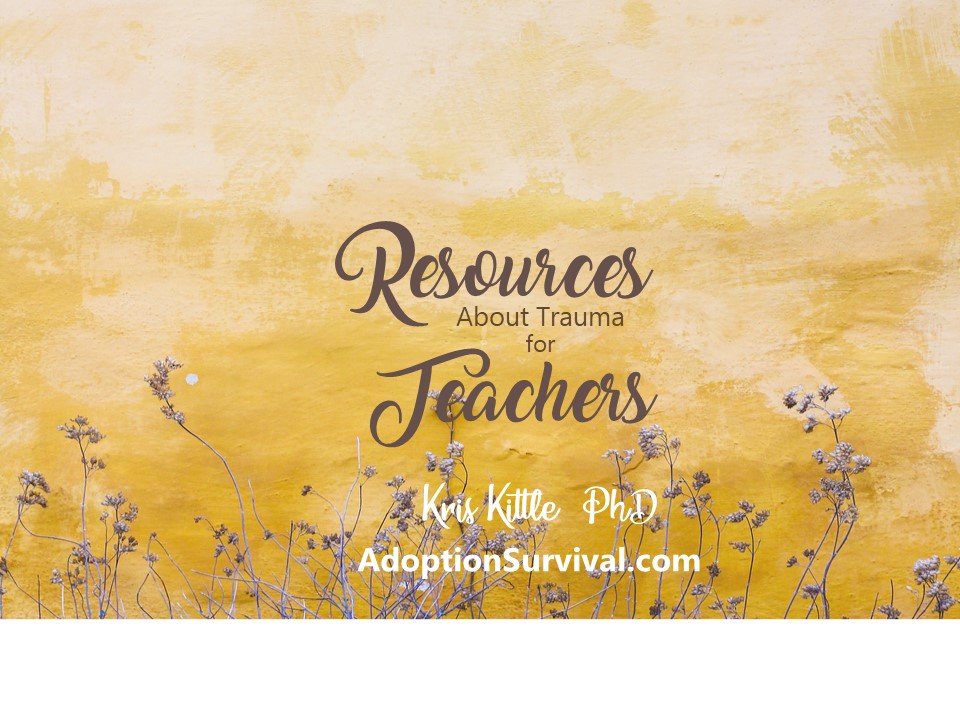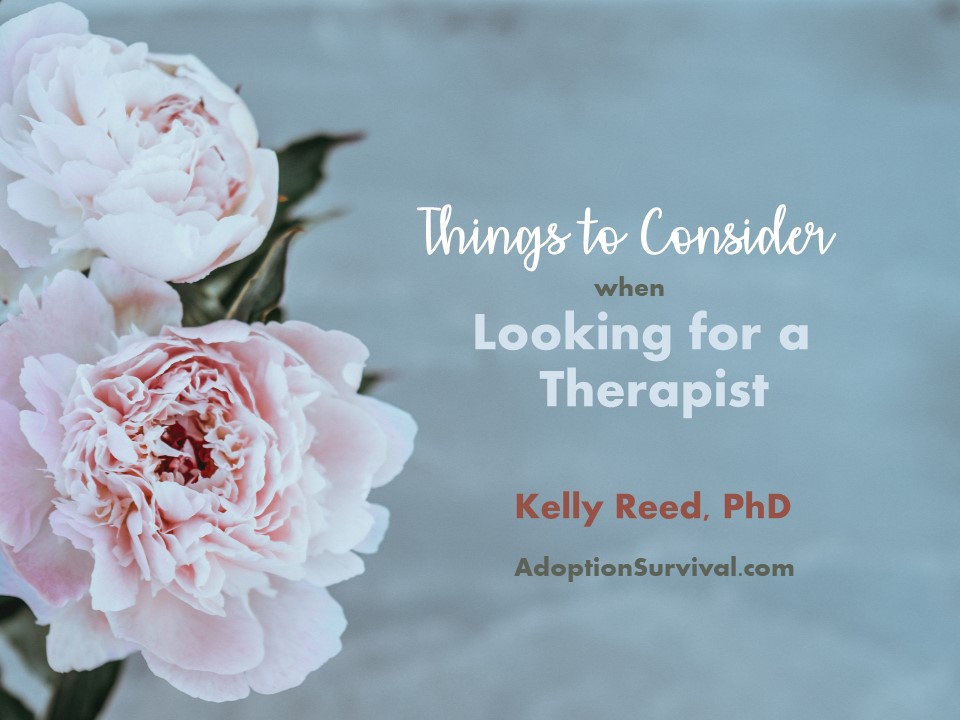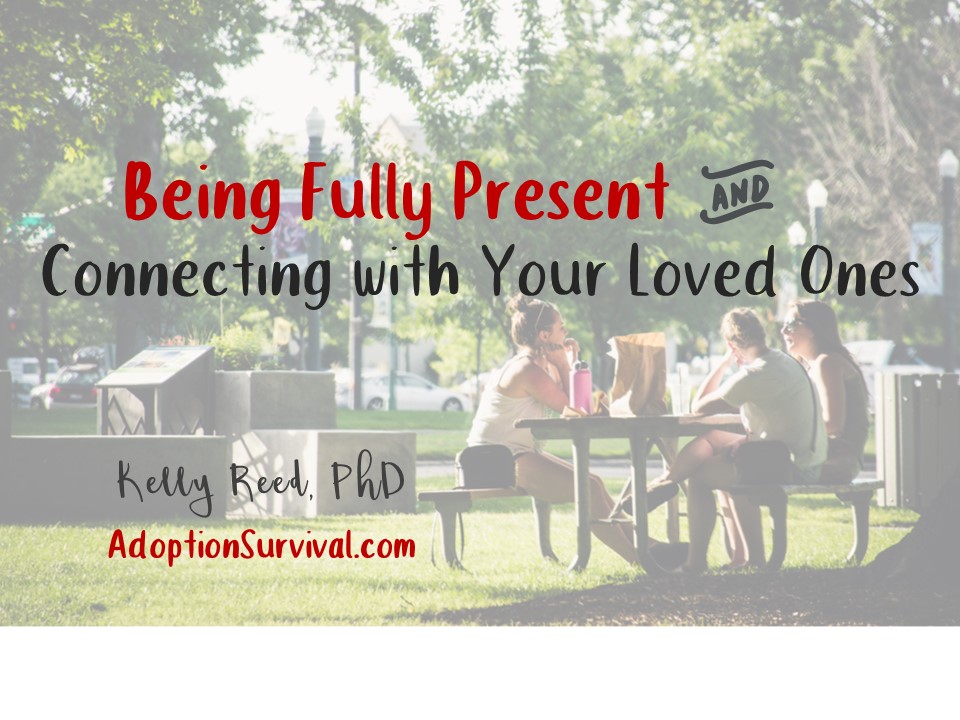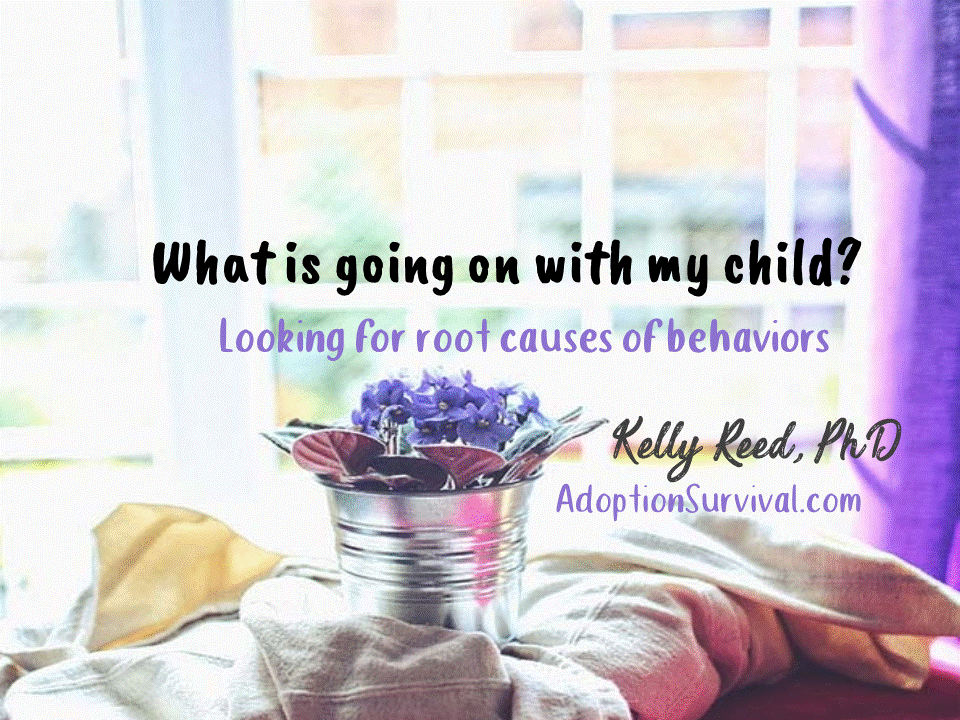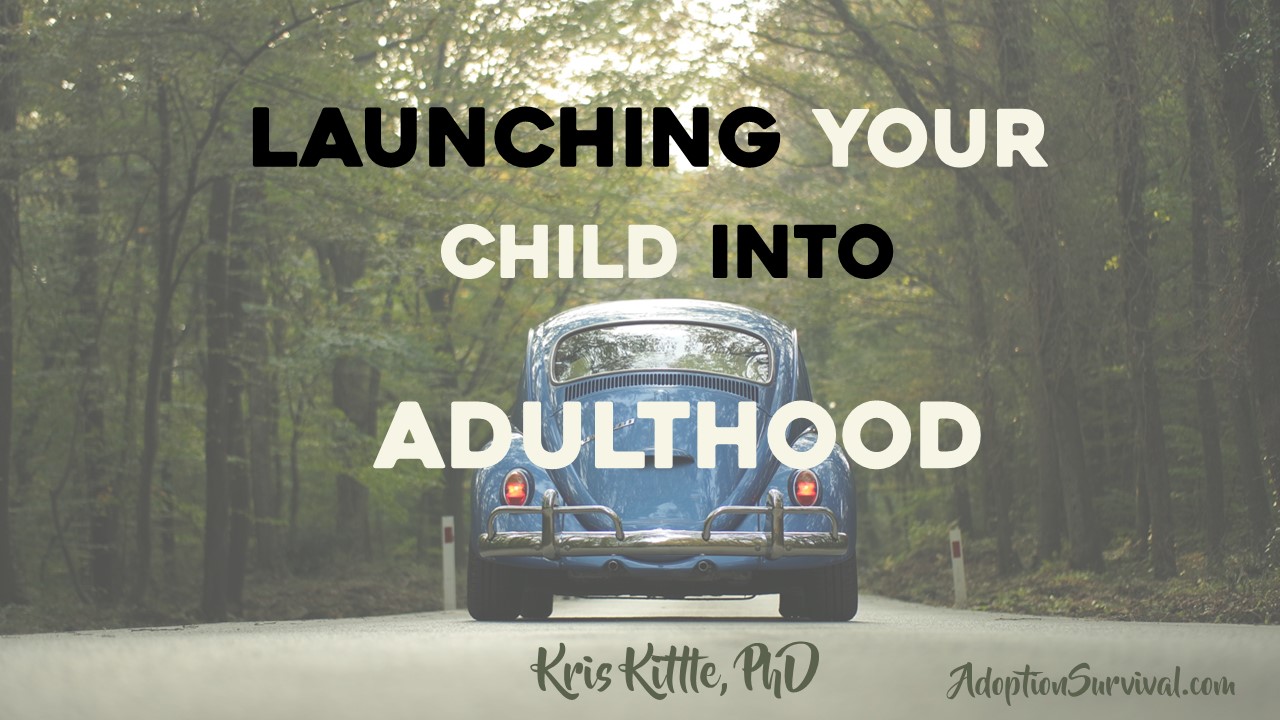
Our oldest moved out last summer. Before she moved out, I felt so much panic with the realization that I only had a few more months to teach the necessary skills to live independently! Thankfully, we began working on some of them at age 16 and have progressively covered the majority of them. Consequently, we spent the last few months focusing on the areas that needed improvement before officially launching on her own.
Did I expect her to be 100 percent successful? NO! I realized she was going to make mistakes (I made plenty…and still make them). However, if she learned the basic skills, she would be able to make small mistakes (such as overspending one week) instead of large ones (such as being unable to pay her rent).
Here are some of the areas we worked on to help her launch successfully:
Budgeting. I wish I could say that we saw great success in this area over the last four years, but I will say there was progressive improvement. The rate of improvement increased once the timeline to move out was determined. It is as though the impending move out date brought urgency to learn the skills necessary to be successful. We introduced the envelope system several years ago to introduce money management skills which works for many, but ultimately, your child needs to have some level of self-control. Self-control and impulse control are some of the areas that many older adopted children struggle with. But keep at it. Everything may not stick. Ok, most of it will not stick, but hopefully some aspect of what you are trying to teach will. And remember, you probably stumbled when you first moved out. And you child will too.
Cooking Skills. One mom in our study shared how she required her daughter to meal plan, grocery shop and cook one complete meal a week. Every week it had to be something different to broaden her cooking skills. Mom was always available to ask questions or to assist, if needed, but she found her daughter’s confidence grew every time she tried a new dish. What a brilliant idea! I cannot guarantee that your child is going to appreciate the opportunity to learn to cook. However, perhaps asking them to cook along side you a few times a week will help them learn some basic cooking skills so they will not be living off microwaveable meals. But, if they do that, it is okay, too.
Housekeeping Skills. Several years ago, I realized that while my daughter successfully completed the chores I asked her to, I was the one making the request. It occurred to me that when she got her own place, she was going to need to think of these things on her own. We created a weekly rotation of chores so she would be in the habit of completing them regularly. There are certainly things we have missed (such as remembering to wash the bathroom towels regularly and remembering to wipe off kitchen counters), but overall, she confidently knows how to keep her apartment clean.
Wisdom from Adoptive Families: Joys and Challenges in Older Child Adoption has an entire chapter on preparing your child for adulthood. One dad shared how he helped his children learn to budget using a debit card that worked for his kids. The ideas that families shared on how they are teaching their child are excellent!
Remember, as parents, it is our responsibility to give our children the tools necessary to be successful. You can provide opportunities for them to learn skills, but it is still their responsibility to use them. Do not feel like you are a failure if your child does not take advantage of the teaching/learning opportunities you provide. I often tell my daughter, “I can give you all the tools you need to be successful, but it is your choice to use them or not.” If you are providing the opportunities, you have done what you can which is all that is asked of us.

